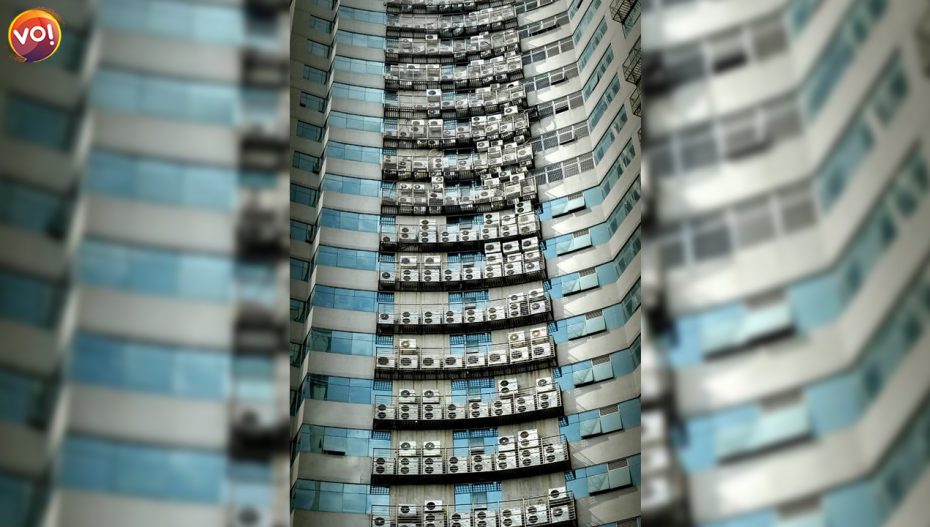Global warming. Heat wave. The planet is warming up. Imminent catastrophe. How often have we heard these terms? And what do we do about it? We sit in the comfort of ACs and air coolers, either at our home or gather together in a convention center using air conditioning to thrash out ideas. And in the process, we also contribute to the warming up.
The world is now 1.1°C (2°F) warmer on average than it was at the dawn of the Industrial Revolution. The devastation of extreme temperatures is playing out right now in several places around the world. A heat wave over India and Pakistan, where 1.5 billion people live, is now in its fourth week. Just 12 percent of India’s population has air conditioning, but even those people are suffering. The heat has triggered power outages, created water shortages, and killed dozens, although the true toll may not be known for weeks.
But the most severe risks from high temperatures are in places like India and Pakistan, regions closer to the equator that are already hot and have dense, growing populations.
Staying cool amid the heat poses a paradox: The tactics for cooling can end up worsening the very problem they’re trying to solve if they draw on fossil fuels, or leak refrigerants that are potent heat-trapping gases. And the people who stand to experience the most extreme heat are often those least able to cool off.
During warmer weather, pollutants like ozone form faster, which can lead to breathing problems. In addition, the stress from heat is cumulative. Because of climate change, nights are actually warming faster than daylight hours.
Air conditioners pose another direct problem for the climate. Many of them use refrigerants that are also powerful heat-trapping gases. Chemicals like hydrofluorocarbons (HFCs) can be upward of 12,000 times more potent at trapping heat in the atmosphere than carbon dioxide. Small coolant leaks multiplied by billions of AC units could be devastating for the climate. And when extreme heat combines with humidity, the weather can turn lethal.
Cooling systems like ACs, fans, and ventilation account for about 20 percent of energy use in buildings globally, according to the International Energy Agency. That adds up to two-and-a-half times as much electricity consumed globally for cooling as the entire continent of Africa uses.

The electricity that powers air conditioners need to come from sources that don’t emit greenhouse gases, so cutting down coal, oil, and natural gas power on the grid and ramping up wind, solar, and nuclear energy is crucial.
Technology alone is not enough. ACs are only useful for people who work indoors, but millions still work outside. Reducing outdoor air temperatures requires careful planning to ensure adequate shade and measures like cool roofs. For some jobs, workers will have to take on schedules that keep them out of the sun during the hottest times of day. In some places, the only tolerable times to work outdoors are at night.
Also Read: Caution: China’s Climate Action Plan Is WIP

















